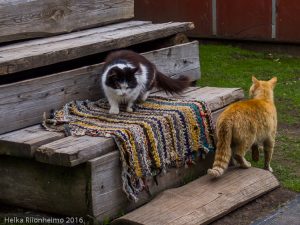Almost like Finnish but Not Quite
Did your Finnish grandmother speak a strange language or dialect? If your grandmother was a Karelian evacuee and lived in the Eastern Finland or the Oulu region after the wars, she might have spoken Karelian.
Karelian is the closest cognate language of Finnish. The biggest differences between the Karelian and the Finnish language are some characteristics in their speech sounds and especially their vocabularies. The Karelian language has many borrowed Russian elements. However, the basic structures and grammatical systems of the languages are quite similar.
Karelian is spoken in Russia and Finland. Before World War II there were 30,000-40,000 speakers of Karelian in Finland but there are no official records of their number. In Border Karelia, Karelian speakers were more indigenous than Finnish speakers. After the evacuation of Karelia, the use of the Karelian language diminished considerably in the new residential areas.
Nowadays, there are some thousands of users of the Karelian language in Finland and even more in Russia. In Russia, Karelian is spoken mainly in the Republic of Karelia and in the Tver region. The number of Karelian speakers is ever decreasing, but the language is being revived and developed in both Finland and Russia.

The Knowledge of the Language is Broadened by Research
The Karelian language offers linguists an extensive and relatively untouched field of research and dozens of unresolved research questions. Although the Karelian language has been researched for as long as the Finnish language, the number of its researchers has always been low. There are a lot of materials on the language of the 19th and 20th century that are accessible to research.
Our research focuses on the various dialects and varieties of the Karelian language. In recent years, we have received outside funding for research on Tver Karelian spoken in Russia, on the one hand, and on the Border Karelian dialects spoken in Finland, on the other. The targets of this research have included topics such as the Karelian language’s contacts to its neighbouring languages. We conduct research in collaboration with other subjects, especially with the subject of Finnish Language.
The knowledge of the Karelian language is constantly broadening because the research applies current and developing linguistic methods. University research also forms the basis for, for example, the grammatical description of Karelian and provides material and knowledge for the teaching of Karelian, for producing study materials, for language revitalisation, and for the establishment of a literary language.

